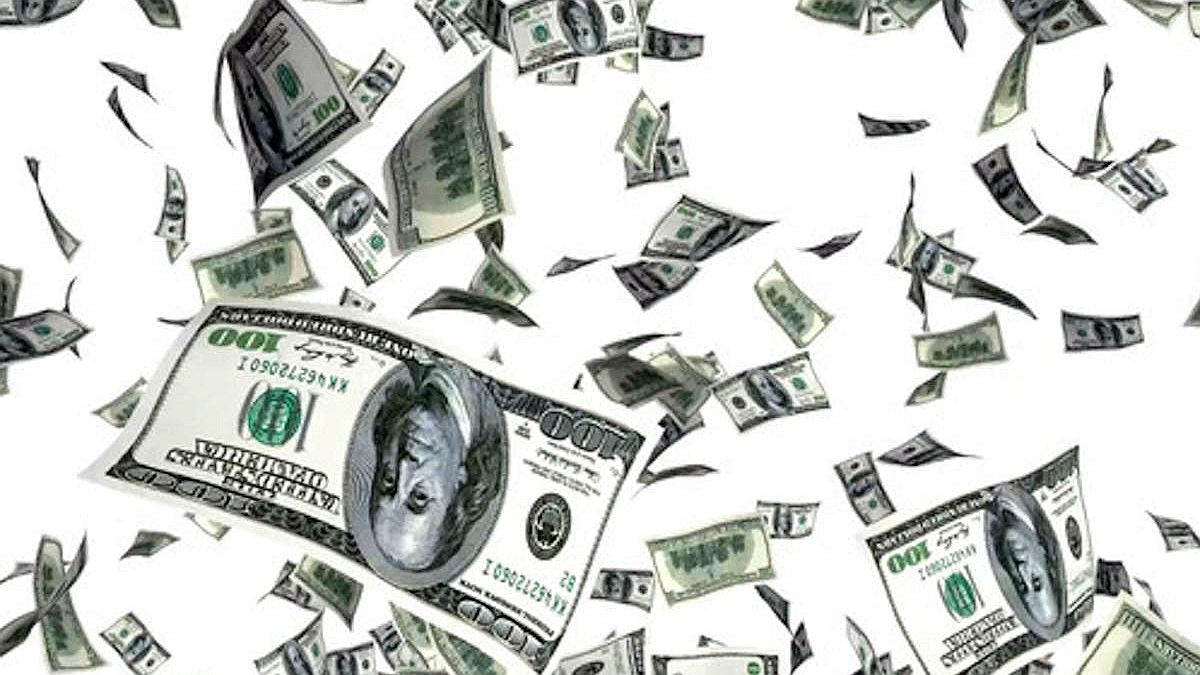It is a very relevant figure that can be used in formal economic activity. Part of these funds may have already been allocated to the informal sector, so from now on the difference will be that the State will be able to participate with the collection of its taxes on the returns of these funds (on average we could say that it is a third part of performance).
Another part would be dollars saved or “hoarded” in mattresses or in other unexpected places. These funds that are incorporated into formal economic activity will not only generate greater tax resources, but also greater economic activity. That is to say, the impact on the economy is even greater due to the double effect of collection and impact on economic activity.
It is amazing how we have gone from a laundering that was born as a consequence of an agreement for the exchange of tax information between Argentina and the United States, to suddenly becoming a laundering mainly aimed at regularizing funds in cash generated by undeclared sales.
The owners of these laundered funds manage to formalize assets that were never taxed, in exchange for paying a ridiculous rate of 5%, or directly, at zero rate.
Is a whitewash justified as a kick-off to generate formal investments that otherwise would never have come? In this case they are not even foreign investments but rather those of the Argentines who live here who do not dare to invest in a country that constantly changes the rules of the game.
It should be noted that while today it is very easy and convenient to regularize undeclared assets, at the same time another very important group of Argentines complied with all the tax obligations that corresponded to them, thus generating extreme inequality in tax treatment.
The only justification to understand this discrimination is that it is an exceptional regime.
And I think it is at this point where we have to ask ourselves what the limit of exceptionality will be, especially if we consider that in the last 15 years, there were few years in which at least some tax laundering regime did not exist.
Last issue to keep in mind for all those who decide to enter the current laundering is that this regime contains a rule that prevents entering a new laundering in the next 15 years.
Beyond the skepticism with which you may observe this rule (which could be eliminated in the future), I cannot fail to highlight that to date it is the current law. So, to all those followers of whitewashing, you should at least consider it when joining.
Hopefully this will be the beginning of a new stage of progress and growth, in an institutional framework that respects the current rules, and that in the future it will not be necessary to resort to these exceptional regimes, but rather that clear rules will be the incentive for be invested in our country.
Tax attorney and partner of La Vista Casal.
Source: Ambito
I am an author and journalist who has worked in the entertainment industry for over a decade. I currently work as a news editor at a major news website, and my focus is on covering the latest trends in entertainment. I also write occasional pieces for other outlets, and have authored two books about the entertainment industry.




